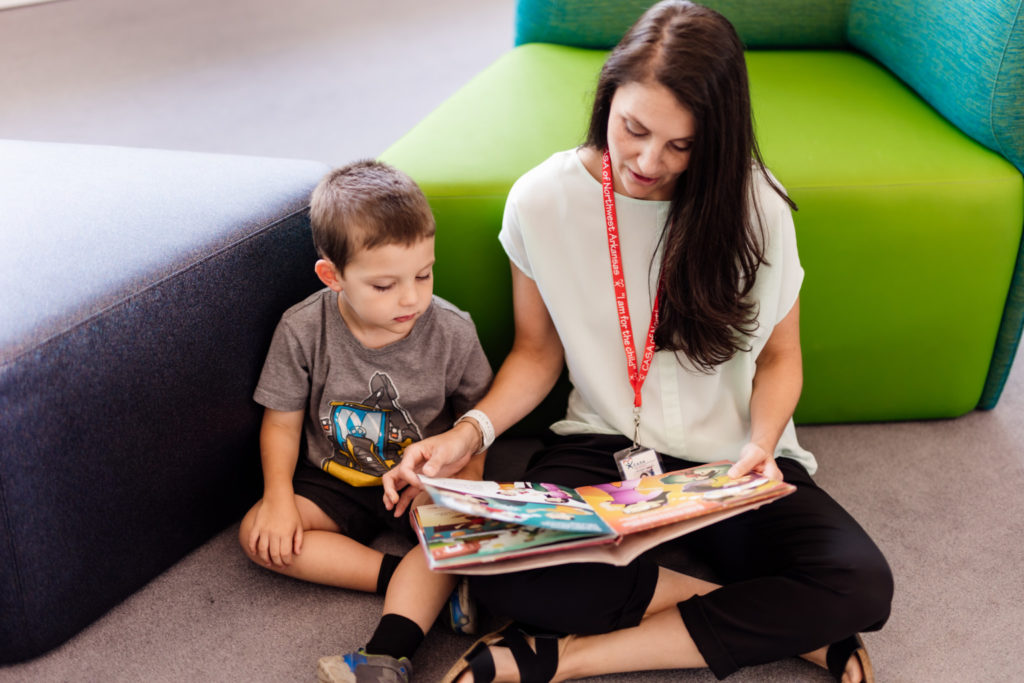
Back to School in Foster Care
Take a moment to think about your experience in school.
Now try to imagine the life of a child in care going to school.
As you walk down the hallway to your first class of the day, you notice a huge, white poster on the wall between the lockers and what looks to be an art room. You’re tired after visitation with your bio-mom this morning, so it only barely caught your eye. Your backpack is especially heavy today, and you remember you need to stop by the counselor’s office to drop off some paperwork your third caseworker this month gave you last night.
You try not to think about what she said the other day, about how unlikely it would be for your mother to stop using. “She wasn’t trying to be mean, though,” you think to yourself as you slowly lift your eyes back up to the poster.
The letters are blue with brown outline, you notice they look like your new school’s team colors. They read,
SIGN UP THIS WEEK ONLY WOODSHOP WITH MR. SMITH LEARN HOW TO MAKE A SIMPLE TABLE, BEAUTIFUL PICTURE FRAMES, CHAIRS, AND MORE! INQUIRE IN ROOM 422 BY 4PM THIS FRIDAY
You’ve never really had much interest in that sort of thing, but you remember particularly liking the smell of sawdust when your grandpa used to make all sorts of cool projects.
“I always wondered how picture frames are made,” you think with a bit of energy, but you realize today is Friday and you have to leave early. You really don’t like when your therapist sets appointments on Fridays. Last week, they told you how you suffer from ‘emotional disturbance,’ which is apparently better than the last diagnosis.
You’re about to turn 17 and you’re already so behind. “You could just get your GED,” you remember your therapist saying. You don’t even know all your teacher’s names yet, and they certainly don’t know yours. You’ve gotten used to this though, it being your third school this year. You smile at the thought of putting your favorite picture of your mom in a frame you made at school. The thought is nice, at least, for a moment.
You look back up at the poster one more time. You nod your head, and you start making your way to class.
This August in Northwest Arkansas, hundreds of kids in foster care will return to school, many of them will attend a school they’ve never been to before due to placements that can be inconsistent. Some kids are entering or exiting residential or therapeutic treatment facilities, foster homes may be in a different school district, or the family they are with has moved for a variety of reasons.
In 2021, there were 982 children in foster care in Northwest Arkansas and over 58% of them were of school-age.
Youth in foster care often lack consistency in their lives, especially when it comes to school. When they are thrust into a new school environment, a multitude of social and emotional issues can take place. While more efforts have been made to increase awareness in schools, most teachers may be unaware that they have a foster child in their classroom and few are trauma informed/trained.
The constant reminder that their peers are living with their biological families may also be present, especially when it comes to the often-limited capacity to participate in extracurricular activities. In addition to visitations with biological parents, they may also have to attend different services throughout their case like Occupational, Speech, or Behavioral Therapy— all of which require time taken away from educational time and extracurricular activities. For example, a child with four hours of visitation and three separate services takes seven hours—not including transportation— away from them each week.
“You’re in school and you just want to be like everyone else, but you just can’t do any of those things, which can lead to many other issues.” – Amanda Wilkerson, Youth Engagement Specialist
These potential problems in school are all in addition to the already traumatic experience of suddenly moving homes. The unfamiliarity of a new home takes getting used to by both the children and the foster family, and the new environment alone could cause disruptions at home and in school.
CASA volunteers work to mitigate these problems.
Having a compassionate advocate often makes the difference in outcomes as they add consistency back into the lives of kids in care. From obtaining records between schools, to working with school counselors on an Individualized Education Plan (IEP), or ensuring they are getting the care they need elsewhere, are all things our volunteers are trained to do. Volunteers also make recommendations on how to better manage all their requirements and help them still be a kid and a good student.
Without a CASA, it’s entirely possible for a student in care to simply be unheard, or even left behind. When one person, one volunteer, is dedicated to a child with the purpose of supporting and advocating for their individual needs, their chances of success increase significantly.
Learn how you can get involved to help change a child’s story below.